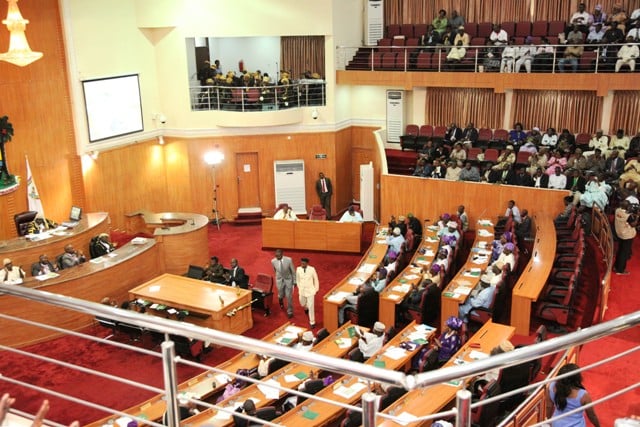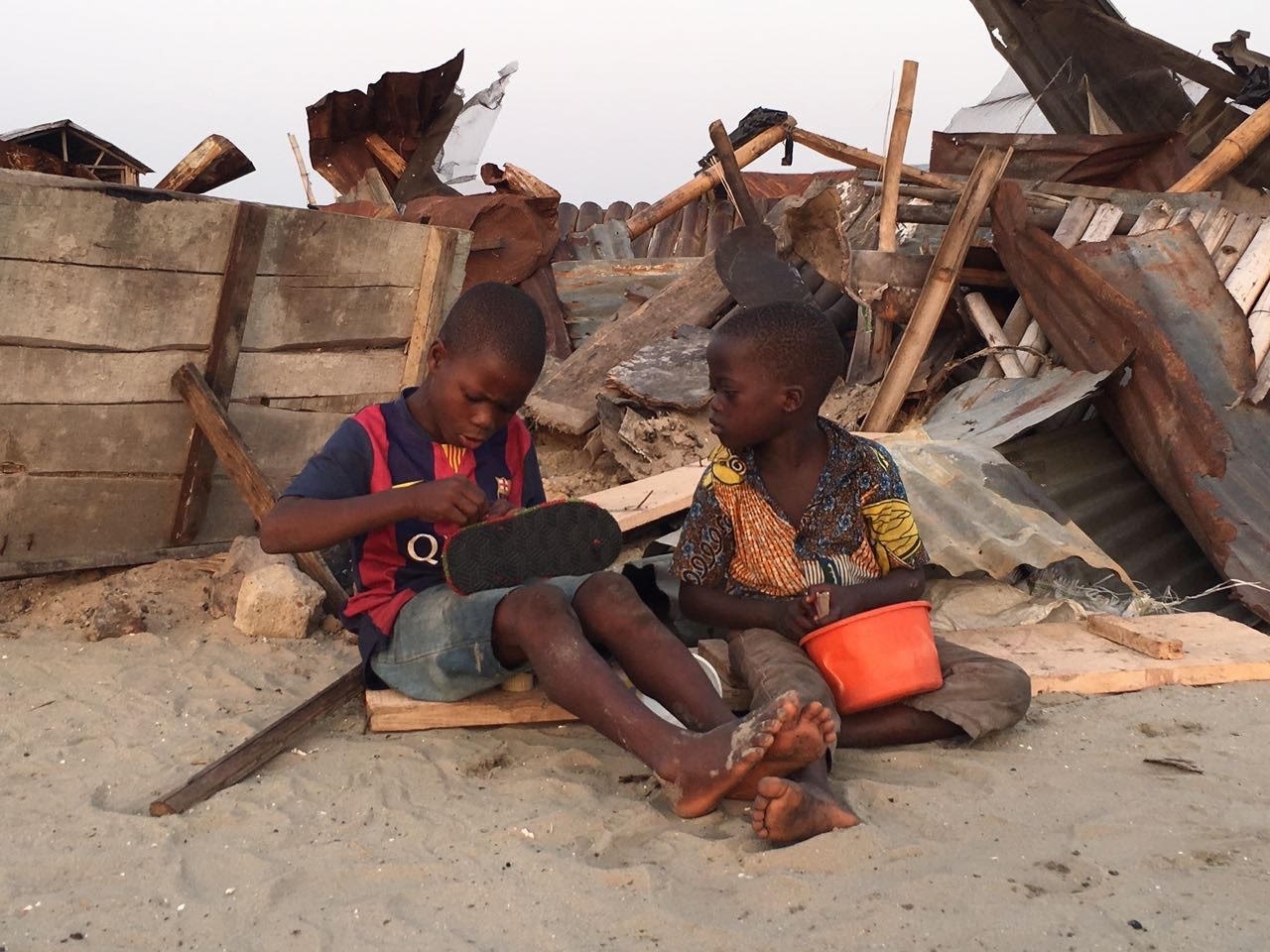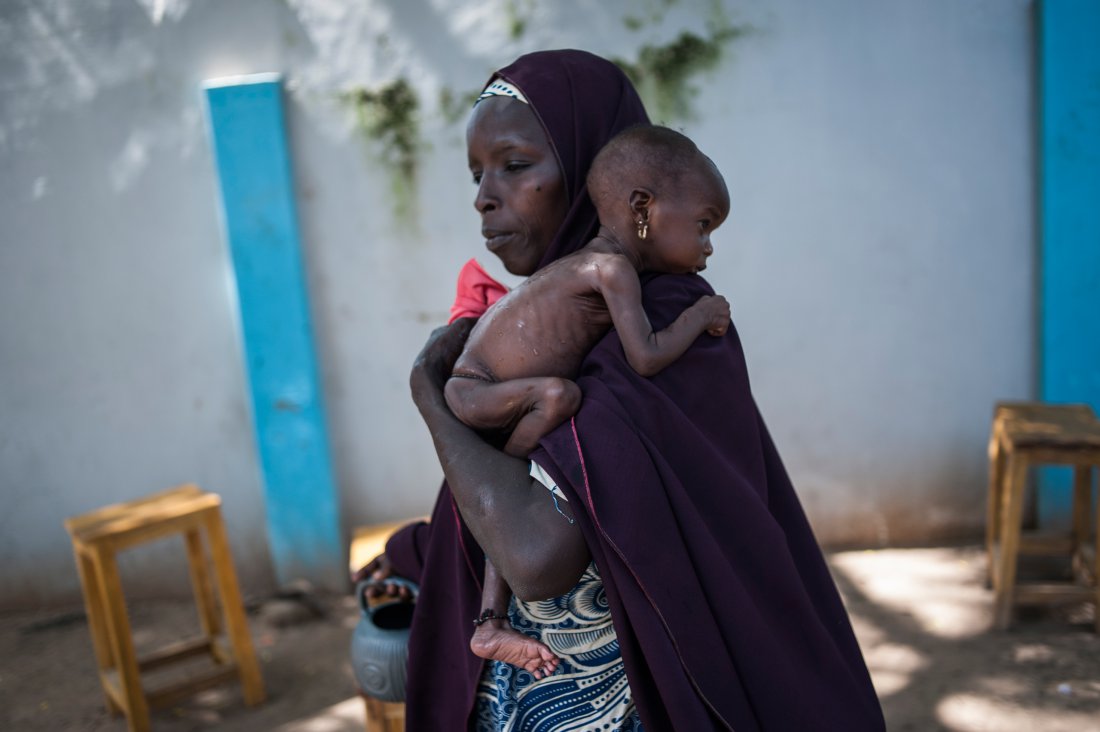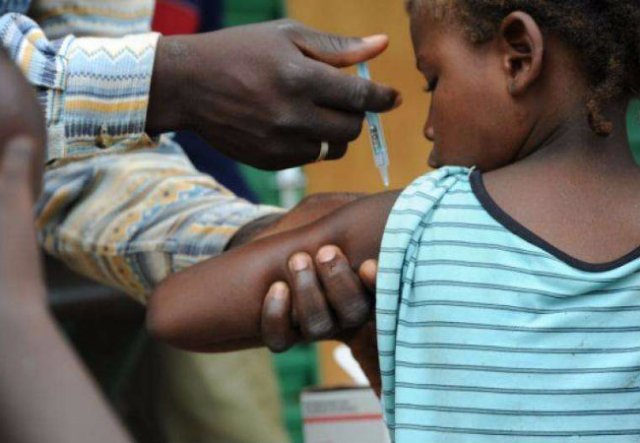Women in Africa hold only 19. 7 per cent of the region’s ministerial post in 2017, according to UN women and the Inter-Parliamentary Union (IPU).
The organisations revealed this in the data presented in the Women in Politics 2017 map.
“Women hold 19.7 per cent of the region’s ministerial posts in 2017, having first surpassed this per centage in 2012 after seven years of rapid progress,” the UN Women said in a statement.
“The Congo and Zambia outperformed the rest of the region, adding four and six women ministers and reaching women’s representation rates of 22.9 per cent and 33.3 per cent, respectively.”
Advertisement
The result in Africa is generally a reflection of women’s representation in executive and legislative government globally.
UN women says the number of women in executive government and in parliament worldwide stagnated, with only marginal improvements since 2015 through to January 1, 2017.
“The map, which depicts global rankings for women in the executive and parliamentary branches of government as of 1 January 2017, shows slow progress towards gender equality in these areas at regional and national levels.”
Advertisement
“Women’s political empowerment and equal access to leadership positions at all levels are fundamental to achieving the Sustainable Development Goals (SDGs) and a more equal world. With limited growth in women’s representation, advancement of gender equality and the success of the SDGs are jeopardized.”
Also, the UN Women says the “2017 edition of the map shows a slight drop in the number of countries with a woman Head of State and/or Head of Government from 2015 figures (from 19 to 17).”
The data, however, reveals a significant increase in the number of countries with a woman head of state and/or head of government since the IPU-UN Women Map’s first edition in 2005 (from 8 to 17).
While there have been marginal improvements across the world, UN Women laments that progress is still slow.
“Progress in the number of women members of parliament worldwide continues to be slow. IPU data shows that the global average of women in national parliaments increased just slightly from 22.6 per cent in 2015 to 23.3 per cent in 2016,” it said.
Advertisement
The organisations said while women in parliament have increased and now at all time high of 19.1 per cent, there is still no gender balance.
“These developments show that progress in gender equality remains slow in all structures of power and types of decision-making,” UN Women said.
“Power is still firmly in men’s hands, and although we have witnessed some positive trends—for example, the current record number of 53 women speakers of parliament out of 273 posts, globally—much remains to be done if women are to play on a level field with men,” Martin Chungong, IPU secretary-general, said.
“Equal representation in positions of power is a fundamental precondition for truly effective and accountable.”
Advertisement
Add a comment






